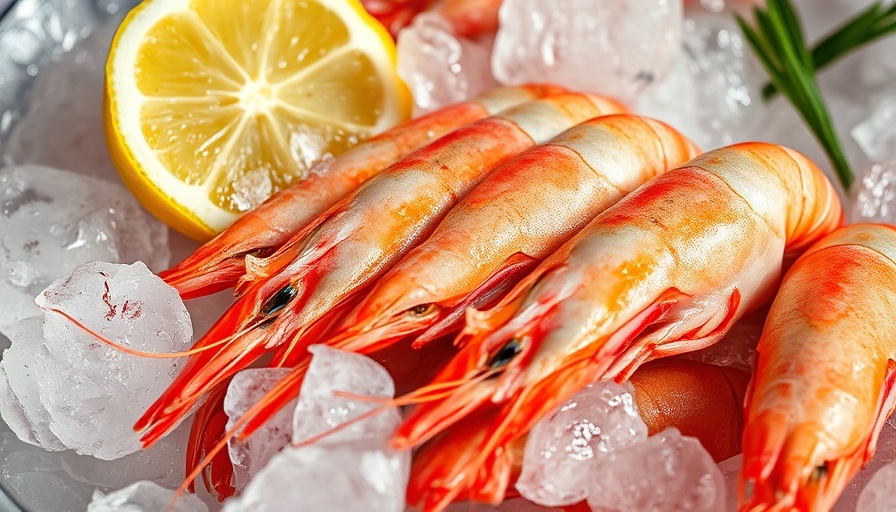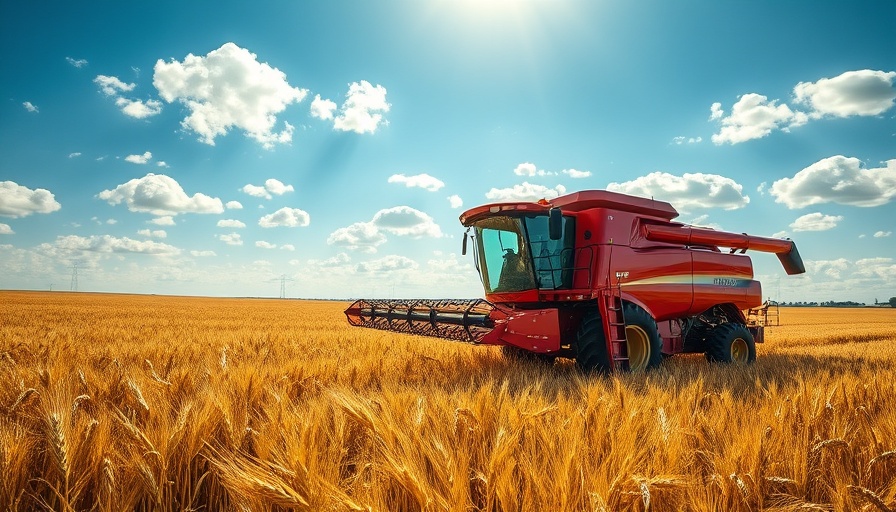
Co-op Agrees to Stop Selling Suffocated Prawns Amid Welfare Concerns
In a significant move spurred by animal welfare advocacy, the Co-op has committed to halting the sale of suffocated prawns, following widespread outcry regarding unethical fishing practices. This decision reflects the growing demand among consumers for ethical sourcing and humane treatment of seafood.
Understanding the Issue
Animal rights groups have long criticized the method used to harvest prawns and other seafood. The practice of suffocation, a common technique in the industry, raises serious ethical questions about the treatment of marine life. Critics argue that these methods lead to unnecessary suffering, a concern that has gained traction in recent years, especially as consumers become more conscious of their choices.
A Changing Landscape in Consumer Preferences
The Co-op's decision arrives at a time when customers are increasingly prioritizing sustainable and humane food sources. Many shoppers now actively seek out products aligned with their moral values. This shift not only influences market strategies but also prompts other retailers to assess their procurement policies. As an example, major supermarket chains across the UK are now encouraged to align their sourcing practices with rising customer expectations around animal welfare.
Implications for the Seafood Industry
The impact of the Co-op's announcement stretches beyond its own stores; it challenges the entire seafood industry to rethink their practices. Advocates believe that if more retailers acknowledge the importance of animal welfare, it could pave the way for legislative changes aimed at regulating fishing practices. This could ultimately lead to a more humane and sustainable ecosystem for seafood production.
Final Thoughts on Ethical Consumption
The Co-op's initiative symbolizes a broader movement towards ethical consumption, underscoring the power of consumer voices in altering industry standards. As awareness grows, both consumers and retailers must continue to engage in conversations about sustainability and animal welfare, striving to ensure that the food on our tables is ethically sourced and responsibly harvested.
 Add Row
Add Row  Add Element
Add Element 



 Add Row
Add Row  Add
Add 
Write A Comment